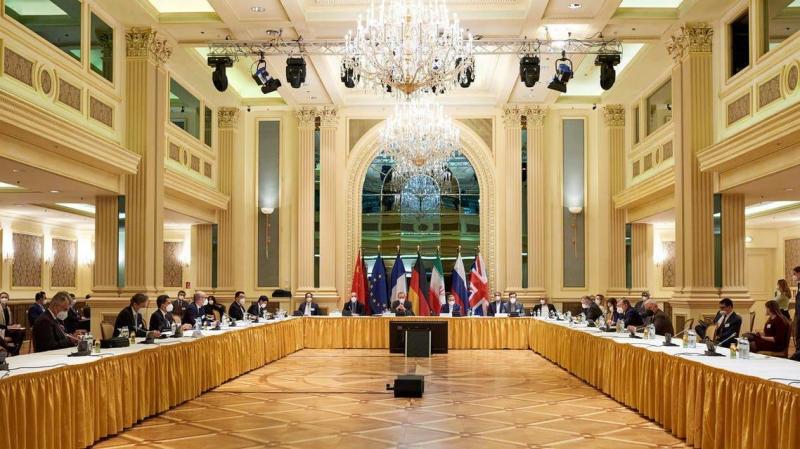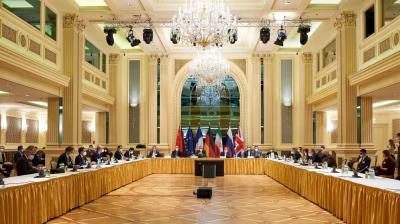The French Ministry of Foreign Affairs has warned that Iran’s failure to return to the negotiating table soon will jeopardize the opportunity to reach an agreement with global powers regarding the Iranian nuclear issue. French Foreign Ministry spokeswoman Agnès von der Mühll stated in a daily briefing reported by Reuters on Monday that if Tehran continues on its current path, it not only slows down the process of reaching an agreement to lift sanctions but also puts the prospects of concluding the Vienna talks and resuming the Joint Comprehensive Plan of Action at serious risk.
It was noted that U.S. State Department spokesman Ned Price revealed last week that the date for the seventh round of talks aimed at returning to the agreement has "not yet been set." He explained in press statements that the U.S. has repeatedly expressed its readiness to collaborate on a mutual commitment to the agreement, stressing that diplomacy, in his view, is the most effective tool available with America's partners in the P5+1 to ensure that Iran does not have nuclear weapons. He also added that the United States understands that Iran is currently undergoing a transitional phase, indicating that there are signs of new decisions being made within the Iranian system.
Amid the ongoing uncertainty regarding the timing of the anticipated seventh round of nuclear negotiations between the West and Iran, despite Washington's recent affirmation of its readiness to participate indirectly in the stalled talks since June 20, some reports have begun to suggest the possibility of an alternative plan in case a deadlock occurs. Western diplomats indicated days ago, as reported by "Iran International," that the signatory nations of the nuclear agreement have begun consultations to develop an alternative plan that could be implemented if the Vienna discussions conclude without a deal, which may include the reinstatement of lifted sanctions or the imposition of new sanctions on Iranian authorities.
The nuclear talks that began in April in the Austrian capital have yet to reach a consensus to revive the agreement that collapsed in 2018, after six rounds of meetings between Western nations and Iran, facilitated by the European Union and with indirect participation from the United States. The seventh round was initially supposed to start earlier this month (July), but some apparent disagreements regarding key unresolved issues have hindered the scheduling of the next round thus far.




